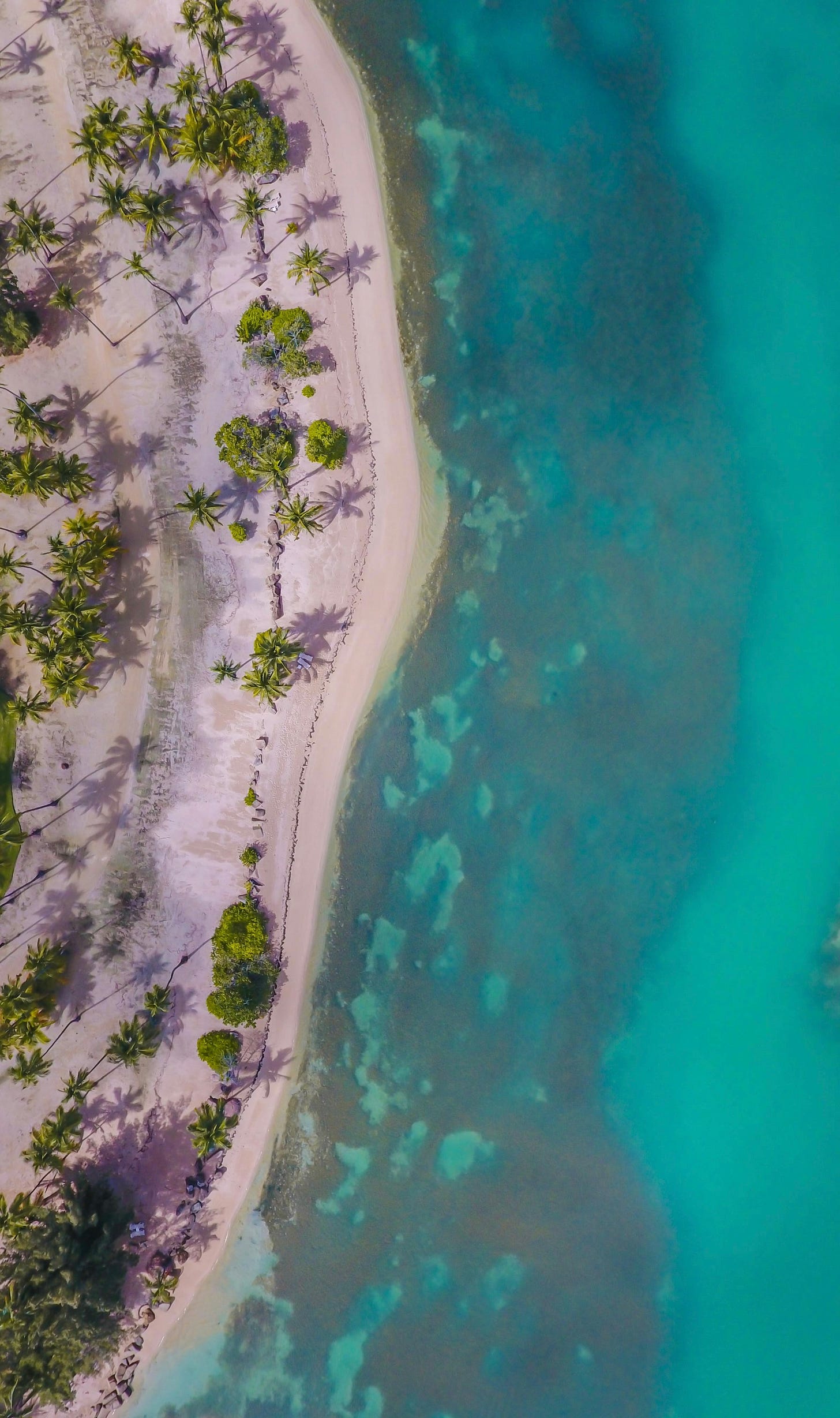The Displacement of Puerto Ricans from their Island Home
A brief overview on the impacts of climate change on the island of Puerto Rico
Climate change is increasingly recognized as not just an environmental issue, but a profound social justice challenge. Rising temperatures, more frequent and severe weather events, and sea level rise disproportionately affect marginalized communities worldwide. This intersection of climate change and racial equity is particularly stark in Puerto Rico, where the impacts of environmental changes have exacerbated existing social and economic inequalities, leading to significant displacement of its residents.
Puerto Rico, an archipelago in the Caribbean, is exceptionally vulnerable to the effects of climate change. The island has already experienced the devastating impacts of hurricanes, most notably Hurricane Maria in 2017. This catastrophic event not only caused immense immediate damage but also highlighted the island's systemic vulnerabilities. The slow and inadequate response to the disaster underscored the racial and economic disparities faced by Puerto Ricans, both on the island and in the diaspora.
Read about the impact on the island’s electrical grid: Puerto Ricans Remain Powerless
The socioeconomic structure of Puerto Rico means that its residents are particularly susceptible to climate-induced displacement. Many Puerto Ricans live in poverty, with limited access to resources that could help them rebuild after natural disasters. According to the U.S Census, as of 2022, Puerto Rico had a poverty rate of approximately 44%, significantly higher than the U.S. national average of about 11.4% . This high poverty rate underscores the economic challenges faced by a substantial portion of the island's population.
The island's infrastructure is fragile, and the lack of adequate investment in resilient systems makes recovery from climatic events prolonged and arduous. As a result, many Puerto Ricans are forced to leave their homes, seeking stability and safety elsewhere, predominantly in the continental United States.
In the Population Estimates for Puerto Rico: 2023 report, over 40% of homes in Puerto Rico were in need of significant repairs or rebuilding as of 2019, following the damage from Hurricane Maria and other natural disasters. While an estimated 780,000 homes were damaged, there are around 60,000 homes with blue tarps still as roofs several years after the hurricane. The slow recovery process has forced many residents to relocate.
This displacement has profound implications for racial equity. Puerto Ricans, who are U.S. citizens, often migrate to states like Florida and New York, where they face additional challenges. These include navigating complex social services systems, encountering language barriers, and dealing with discrimination. The influx of Puerto Ricans into these areas can strain local resources, leading to tensions and highlighting the disparities between the displaced population and existing residents. According to the Center for Puerto Rican Studies at Hunter College, since Hurricane Maria in 2017, Puerto Rico has seen a significant outmigration. Approximately 130,000 residents left the island in the first year after the hurricane, and between 2017 and 2020, the island’s population decreased by about 4.3%.
Climate-induced displacement also impacts the cultural and social fabric of Puerto Rico. As residents leave the island, the continuity of cultural traditions and community cohesion is disrupted. This diaspora contributes to a brain drain, where educated and skilled individuals leave the island, further weakening its economic prospects. According to the study, The Great Puerto Rican Migration of 2017-2020: Brain Drain and Economic Implications, from 2017 to 2020, about 48% of those who left the island were between the ages of 18 and 34, seeking better economic opportunities and more stable living conditions. The result of this demographic shifts can exacerbate economic inequities, creating a cycle of poverty and vulnerability that is difficult to break.
The brain drain has had a notable economic impact on Puerto Rico. The migration of skilled workers is estimated to have cost the island about $2 billion annually in lost economic output . This loss of talent and economic productivity hinders Puerto Rico’s ability to recover and grow.
Moreover, the displacement of Puerto Ricans due to climate change highlights broader issues of environmental justice. Historically marginalized communities, including people of color, often bear the brunt of environmental degradation and climate impacts. These communities typically have the least responsibility for causing climate change but face the greatest risks and have the fewest resources to adapt. This disparity underscores the need for climate policies that prioritize equity and justice, ensuring that the most vulnerable populations receive the support they need.
Addressing the displacement of Puerto Ricans and the broader issues of racial equity in the context of climate change requires comprehensive and inclusive policy approaches. This includes investing in resilient infrastructure, providing adequate disaster relief and recovery support, and creating economic opportunities that enable residents to remain on the island. Additionally, there must be a concerted effort to involve Puerto Rican communities in decision-making processes, ensuring that their voices and needs are heard and addressed.
The displacement of Puerto Ricans from their island home serves as a poignant example of how environmental challenges can exacerbate social inequalities. By addressing these issues through equitable and inclusive policies, there can be further work towards a more just and resilient future for all communities affected by climate change.





Thank you for writing about this important topic and spreading awareness.